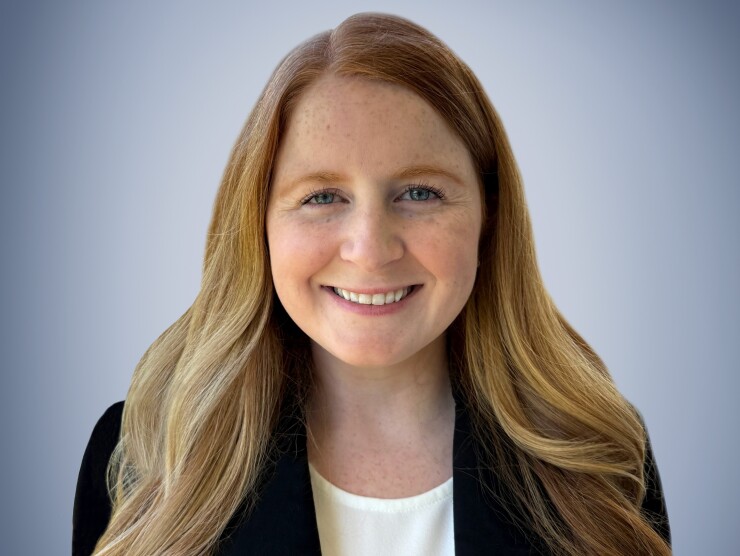Colleen Finn led a project for Plymouth Rock Assurance in 2023 and 2024 that was so impressive, it helped earn her a promotion to chief marketing officer for homeowners insurance earlier this year.
The project was a non-renewal strategy that Finn proposed and executed, targeting a new insurance product that Plymouth Rock had launched in 2018. COVID hit soon after the launch and state regulators weren't allowing price increases or product changes, says Finn, who was managing director of product management for home insurance for the Boston company, which has $2.4 billion in gross written premium.
"I don't care what type of product you launch, whether it be a toothpaste or an insurance product--you implement it and then you hope to be able to iterate," Finn says. "We were in a really rough spot from a profitability perspective." A small subset of policyholders was driving a disproportionate amount of non-catastrophe losses, and the company was also feeling pain from severe inflation.
"We wrote a lot of business that we could never have made money on, because the product was launched at a time where the whole industry was feeling pain, but we were feeling even more pain because the product was new and hadn't grown," she says.
To implement the strategy, she needed to make sure through modeling and analytics that the non-renewals would surgically target the policyholders responsible for the losses while protecting the company's best policyholders. Non-renewals are painful for agents and consumers, and not popular with regulators, so the internal operations team had to explain the strategy empathetically. Plymouth Rock needed to communicate to its agents that the action was a sign of a healthy, disciplined company focused on the long-term outlook, and not a sign of a company that didn't want to grow.
"It was really a tale of two books: One book needed to be cleaned up and one book needed to be grown and nurtured," Finn says. "We wanted to grow new business significantly at the prices that we had, and at the eligibility that we were able to offer."
The company's top priority was making sure the next new business risk would be priced effectively, Finn says. "We don't want to get back to a point where we have to make these really hard decisions again. Let's make sure that we're not selling any new business that we don't feel confident that we'll be able to maintain profitability for."
Financially, the non-renewal initiative contributed to a 14.5-point improvement in the company's non-catastrophe loss ratio across four states and protected its bottom line "during one of the most volatile market cycles in recent history," according to the company.
Now, in her new role, Finn is meeting many of the people that the nonrenewal strategy messaging had targeted. "I'm introducing myself as the person who made a lot of these decisions," she says. "Honestly, they respect it. I think they know that I'm not going to be the marketing leader that goes out and makes rash, quick decisions like: 'Oh, we need to grow; let's just cut our pricing by 20%.'"






